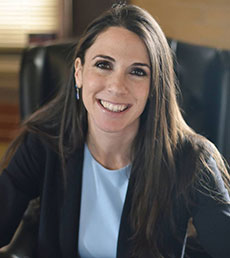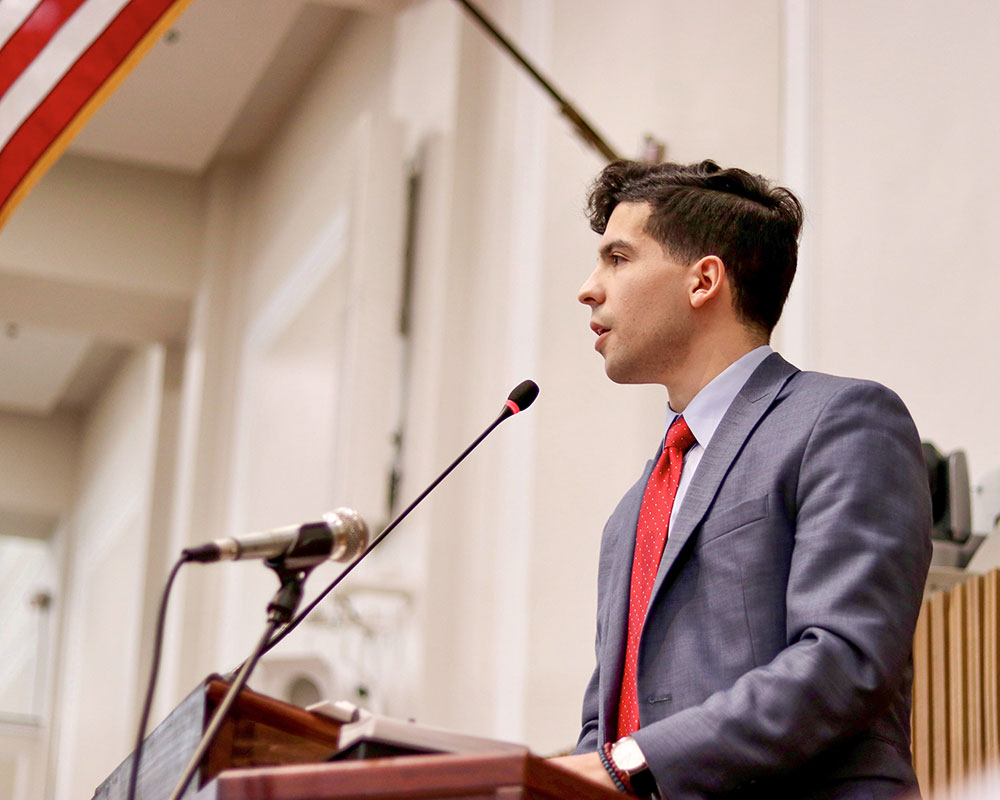In anticipation of Gov. Charlie Baker signing Haverhill’s change to mostly ward-based City Council and School Committee elections, local legislators say the new system benefits all residents.
As only WHAV reported, the state Senate last week signed off on the city’s home rule petition, following the House’s approval in May. The Senate’s formal enactment of the bill Thursday leaves only the final step of obtaining the governor’s signature. As long as they have backing from local senators and representatives, home rule petitions typically sail easily into law. Baker has 10 days to sign the bill. If he takes no action, the bill still becomes law. Rep. Andy X. Vargas, who carried the bill in the House, said it will encourage more people to seek office.
“This change, requested overwhelmingly by Haverhill residents, is a much-needed shift in how our city elects their elected officials. The new system will provide greater representation for individual neighborhoods and better opportunities for individuals to run who may not have otherwise had the bandwidth or resources for a citywide campaign,” he said.
Vargas said he is “grateful to the Haverhill Latino Coalition and other community partners who have put in countless hours of work to ensure residents voices are heard and that we have a system of that reflects every neighborhood in Haverhill.”
The impetus for the making the first significant city charter change in 55 years came in early 2020 when the Latino Coalition and Greater Haverhill Indivisible sponsored a forum, “Exploring the Possibility of Neighborhood Representation.” Haverhill Mayor James J. Fiorentini advocated for electing most city councilors by ward during his 2019 re-election campaign. The idea of also choosing School Committee members by this method was suggested at the forum by MassInc’s Ben Forman who planted the idea. He pointed to research showing school committees in Gateway Cities do not reflect the same diversity as its student populations.
Haverhill residents last fall voted by a 2-1 margin in favor of ward representation in a non-binding referendum. City Councilors in March voted to send the city’s petition to the legislature.

Sen. Diana DiZoglio. (File photograph.)
Sen. Diana DiZoglio, who sponsored the petition in the Senate, said the change gives residents “a more equitable combination of at-large and district representation for both the City Council and School Committee.” She added, “It’s an important change that will promote more diverse representation, from every part of the city, and encourage more residents to run for office.”
Sen. Barry Finegold, whose district has been altered to include Haverhill, thanked his colleagues’ “partnership and advocacy to get this bill across the finish line”
Rep. Linda Dean Campbell called the change “an important development to keep our local democracy healthy and strong,” while Rep. Christina A. Miniccuci noted the change “allows for better representation of individual areas of the city and breaks down barriers to campaigning, allowing for greater diversity of candidates.”
Legislation calls for the City Council to expand to 11 members with seven city councilors elected by ward with four others elected at-large. The school Committee will have seven ward members, three citywide representatives and the mayor as tiebreaker. It also reduces School Committee terms from four to two years. Those elected to four-year terms last November, however, are permitted to complete their terms of office.
